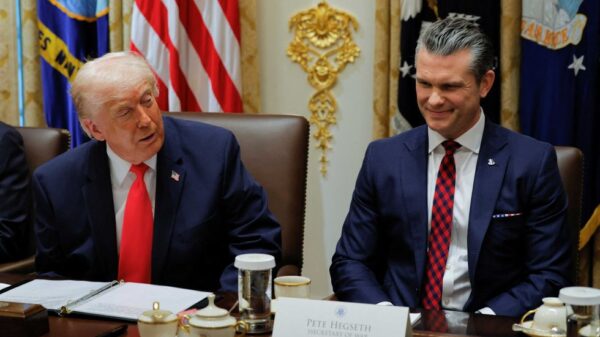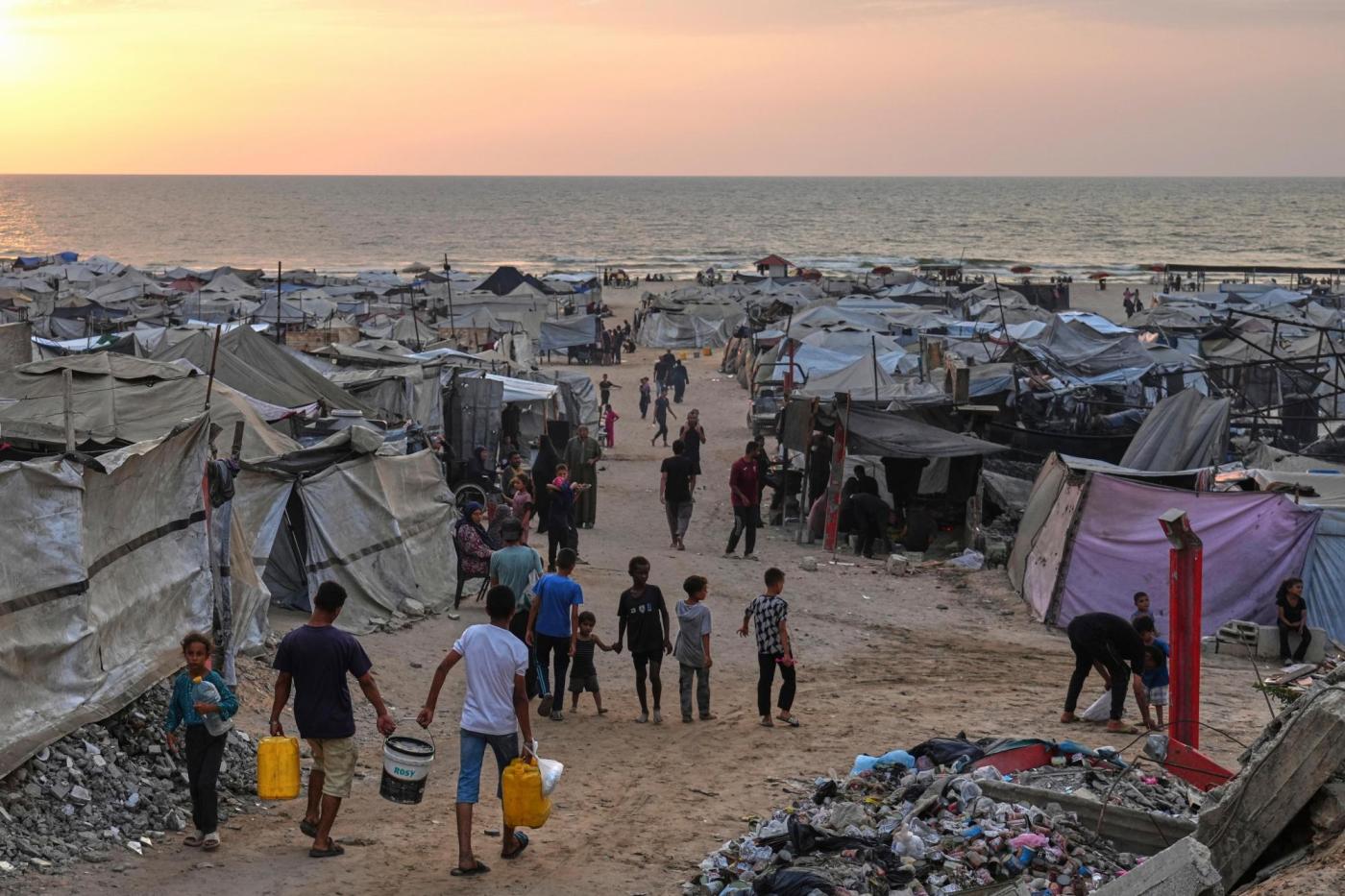Recent letters to the editor highlight diverse perspectives on the ongoing humanitarian crisis in Gaza and the political landscape in the United States. These reflections touch on themes of empathy, leadership, and the impact of historical events on current societal issues.
Empathy for Gaza Amidst Conflict
In a letter dated August 16, Donald Lawson from Hampton emphasized the importance of empathy towards the Palestinian people amid the ongoing conflict. He recalled growing up in Alabama during the 1950s and 1960s, where he observed the significant role that Jewish Americans played in the Civil Rights Movement. Lawson noted that many Jewish individuals showed solidarity with Black Americans, participating in activities such as sit-ins and freedom rides.
He referenced the tragic deaths of civil rights activists Andrew Goodman, Michael Schwerner, and James Chaney in 1964, and the involvement of Jewish clergy alongside Martin Luther King Jr. in marches. Lawson expressed his concern for the humanitarian toll in Gaza, where reports indicate a casualty ratio of 50 Palestinians for every Israeli killed since the escalation of violence. He stated, “People are starving and being denied basic human necessities.”
Lawson praised recent protests by Jewish groups advocating for Palestinian rights, interpreting their actions as a continuation of the compassion he witnessed decades ago. He criticized the narrative that equates empathy for Gazans with antisemitism, arguing instead for a recognition of shared humanity in the face of suffering.
Critique of Leadership and Enlightenment Principles
Richard Drumwright of Norfolk critiqued U.S. leadership in light of recent events surrounding the January 6, 2021, Capitol attack. He questioned the motivations behind a national emergency declared by the President to mobilize the National Guard in Washington, D.C. Drumwright highlighted the contrast between the response to the Capitol riot and the current situation, suggesting that the lack of action during the January events raises concerns about accountability and leadership.
“Where was he on January 6, 2021, when our Capitol was being attacked?”
Drumwright argued that the President’s inaction during the Capitol riot led to significant consequences, including injuries to police officers and a tragic loss of life. He characterized the recent response as an attempt to gain attention rather than a genuine effort to uphold law and order.
Georgette Constant, also from Norfolk, reflected on the rollback of Enlightenment ideals in contemporary governance. She expressed disillusionment with the current political climate, suggesting that recent actions by the Trump administration and a Republican Congress undermine the principles of liberty, equality, and the rule of law. Constant described the situation as a “war against us and the rest of the world,” highlighting concerns over health policy and scientific research being curtailed.
Her letter illustrates a sentiment shared by many who feel that essential democratic values are under threat, emphasizing the need for vigilance in defending these principles.
As the dialogue continues, these letters serve as a reminder of the complex interplay between empathy, leadership, and the values that shape society. The voices of individuals like Lawson, Drumwright, and Constant reflect a broader conversation about the responsibilities of citizens and leaders in navigating challenging times.







































































